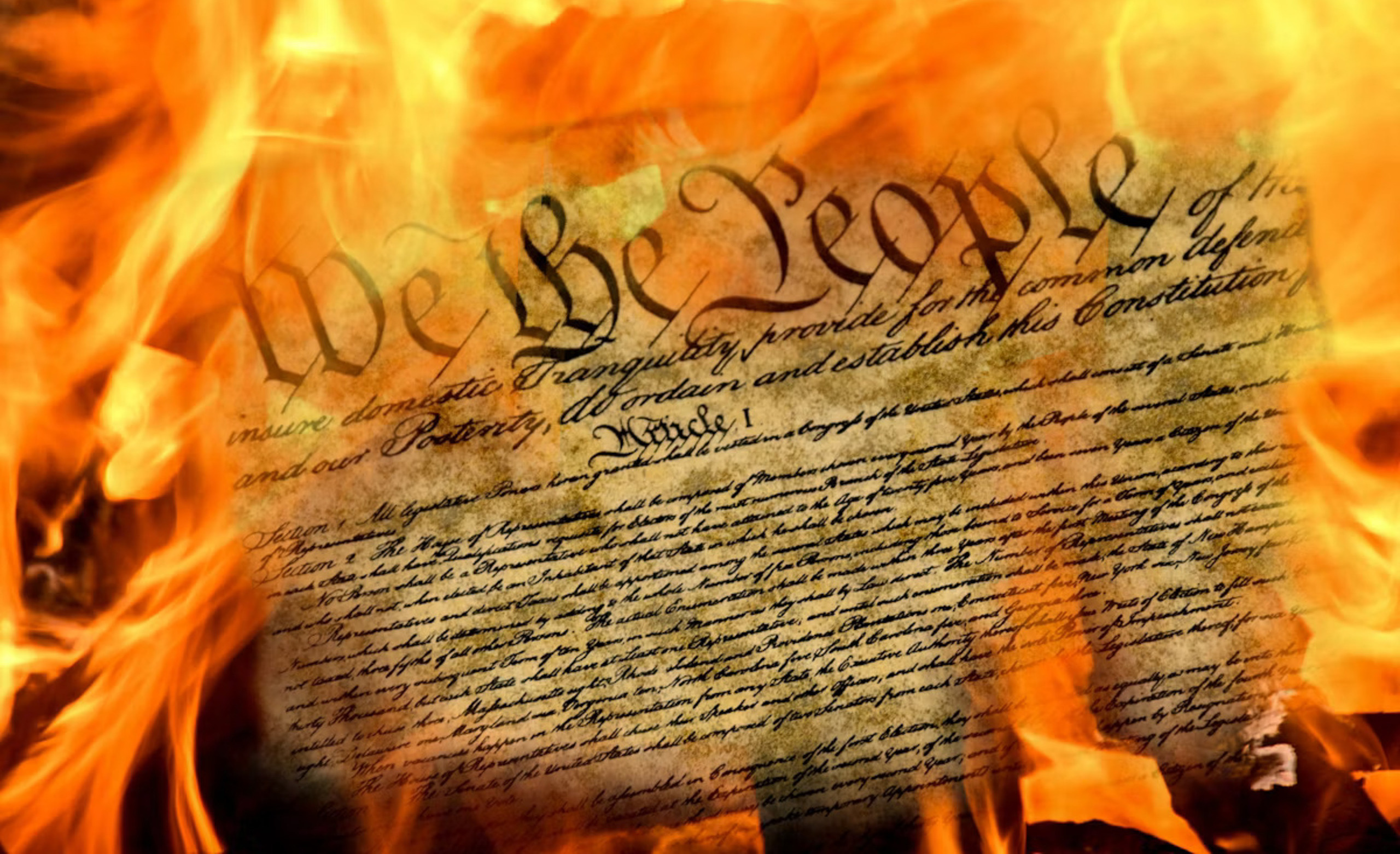
How To Survive A Constitutional Crisis
Welcome to a crucial discussion on navigating through uncertain waters: How To Survive A Constitutional Crisis. In today’s tumultuous political landscape, understanding the signs of an impending crisis and knowing how to respond as a citizen can make all the difference.
Join us as we delve into the strategies and steps one can take to not just survive, but thrive during a constitutional crisis. Let’s empower ourselves with knowledge and readiness to face whatever challenges may come our way! What is a Constitutional Crisis?
Understanding Constitutional Crises
Constitutional crises arise when there is a breakdown in the fundamental principles and norms that govern a country’s political system. These crises often stem from conflicts between branches of government, violations of constitutional rights, or challenges to the rule of law.
In times of crisis, the very foundation of democracy is put to the test as institutions are strained and power dynamics shift. It becomes crucial for citizens to be aware of their rights and responsibilities within the framework of their constitution.
A constitutional crisis can manifest in various forms, such as disputes over election results, executive overreach, or failure to uphold the separation of powers. Recognizing these warning signs early on is essential in effectively addressing and resolving potential crises before they escalate further.
Identifying Signs of an Impending Crisis
As citizens, it’s crucial to be vigilant and aware of potential signs that could indicate an impending constitutional crisis. One key indicator is a significant erosion of democratic norms and institutions within the government. Pay attention to any attempts to undermine the rule of law or restrict civil liberties.
Another red flag can be seen in the increased polarization and division among political parties, leading to gridlock in decision-making processes. Keep an eye out for escalating tensions between branches of government or challenges to the separation of powers.
Watch for instances where checks and balances are weakened, allowing for unchecked power accumulation by one branch or individual. Any efforts to manipulate elections or suppress dissent should also raise alarms. Stay informed, stay engaged, and be ready to take action if these warning signs start appearing more frequently.
The Role of Citizens in a Constitutional Crisis
During a constitutional crisis, citizens play a crucial role in upholding the principles of democracy and ensuring accountability among their leaders. It is essential for individuals to stay informed about political developments and actively participate in civil society.
Citizens can hold their elected officials accountable by engaging in peaceful protests, contacting representatives, and voting during elections. By exercising their rights as constituents, individuals can demand transparency and integrity from those in power.
Moreover, staying engaged in politics on a local, state, and national level allows citizens to have a voice in shaping policies that impact their lives. Through advocacy work and community organizing, ordinary people can make a significant impact on the direction of their country during times of crisis.
The collective actions of citizens are instrumental in safeguarding democracy and promoting justice within society.
Actions to Take During a Constitutional Crisis
During a constitutional crisis, it’s crucial to stay informed and engaged. Educate yourself about the issues at hand by reading reputable sources and staying updated on developments. Discuss with others to exchange viewpoints and deepen your understanding.
Participating in peaceful protests or demonstrations can help amplify public voices. Contacting elected representatives to express concerns is another impactful action citizens can take. Engage in discussions online or attend community forums to share perspectives and learn from others.
Support organizations dedicated to upholding democratic values. Volunteer, donate, or advocate for causes that promote transparency, accountability, and the rule of law. Remember that collective action often yields more significant results than individual efforts.
Stay vigilant against misinformation and propaganda that may exacerbate the crisis further. Verify information before sharing it with others to prevent spreading false narratives. By taking proactive steps during a constitutional crisis, individuals can contribute towards safeguarding democracy for future generations.
Importance of Staying Informed and Engaged in Politics
It’s crucial for every citizen to stay informed and engaged in politics, especially during times of potential constitutional crises. By staying informed about current events, political developments, and the workings of government, individuals can better understand the context in which a crisis may arise.
Being engaged in politics means actively participating in civic activities such as voting, attending town hall meetings, and contacting elected officials. These actions help ensure that citizens have a voice in shaping policies and decisions that could impact the nation’s constitutional framework.
When individuals are knowledgeable about their rights and responsibilities as citizens, they are better equipped to hold leaders accountable and defend democratic principles when facing challenges. Informed and engaged citizens play a vital role in upholding the rule of law and protecting democratic institutions from threats.
In today’s fast-paced world with rapid information dissemination through various channels, it is essential to critically evaluate sources and seek out diverse perspectives to form well-rounded opinions on political issues. Staying informed not only empowers individuals but also strengthens the collective resilience of society against potential threats to democracy.
Examples of Past Constitutional Crises and Lessons Learned
Throughout history, there have been several constitutional crises that have tested the resilience of democratic systems. One notable example is the Watergate scandal in the United States during the 1970s, where abuse of power led to a president’s resignation and highlighted the importance of checks and balances.
Another significant crisis occurred in Brazil in 2016 when President Dilma Rousseff was impeached for fiscal misconduct, underscoring the need for transparency and accountability in government operations. In recent years, countries like Venezuela have faced ongoing political turmoil due to contested elections and authoritarian measures challenging constitutional norms.
These past experiences serve as valuable lessons on safeguarding democracy, respecting institutions, upholding the rule of law, and holding leaders accountable for their actions. By learning from these historical events, we can better navigate future challenges to our constitutional order with vigilance and a commitment to democratic principles.
Conclusion: Preparing for the Future
As we navigate the complexities of constitutional crises, it becomes clear that preparation is key to survival. By understanding the signs, staying informed, and actively participating in our democracy, citizens can play a crucial role in maintaining the integrity of their government.
Looking back at past crises and learning from them provides valuable insights into how to prevent and address future challenges to our constitution. It is imperative for individuals to be vigilant, engaged, and ready to defend democratic principles when faced with adversity.
By taking proactive measures today, we can better equip ourselves for whatever may come tomorrow. In a world where uncertainty looms large, preparedness is our greatest asset. Let us remain steadfast in our commitment to upholding the foundations of democracy and safeguarding the rule of law for generations to come.
Together, we can weather any storm that threatens the fabric of our society. May we emerge stronger, wiser, and more united in our resolve to protect the values enshrined in our constitution. The time to act is now – let us rise to the challenge and ensure a brighter future for all.



